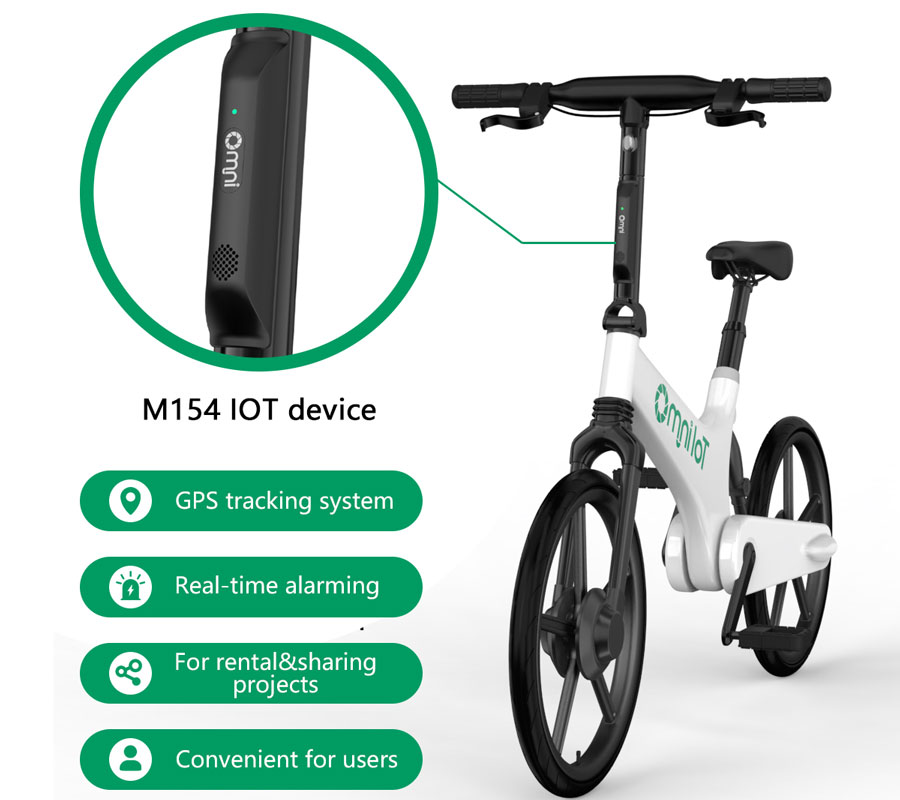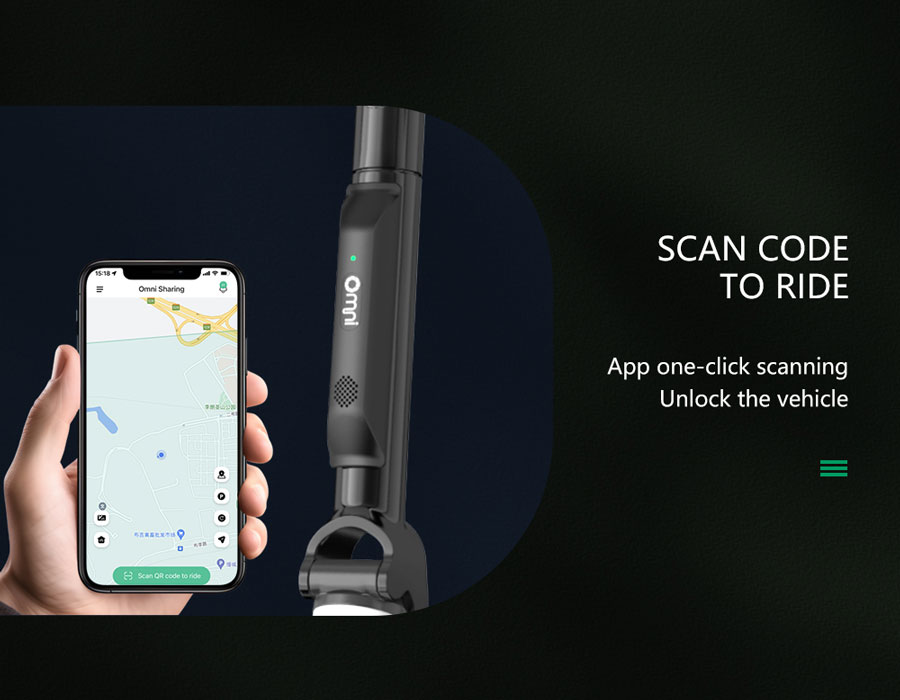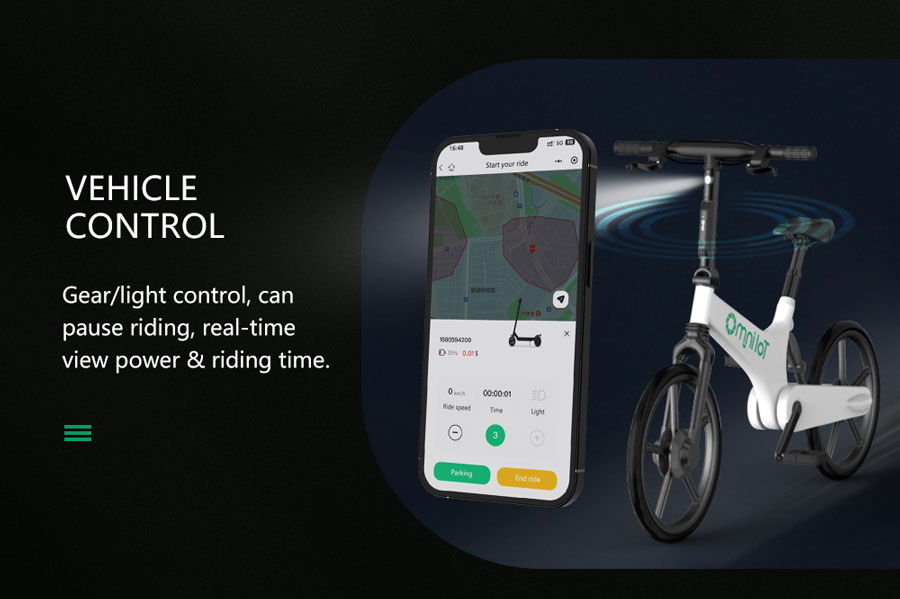Slow Lanes and Shared E-Bikes:Elevating Urban Travel Quality
Walking or biking on slow lanes,enjoying a leisurely and relaxing travel experience,has become a mental pursuit for many city dwellers
after busy workdays.With the continuous improvement of slow traffic systems,the"walking+biking"slow travel lifestyle not only creates a
high-quality travel experience for people but also plays a crucial role in promoting the high-quality development of urban transportation.

Tailored Slow Traffic Systems Enhance Urban Mobility with Shared E-Bikes
The construction of slow traffic systems is an important measure for alleviating urban congestion.In recent years,various places across
the country have increasingly focused on tailored and context-specific approaches,leveraging local conditions and needs to vigorously
promote the construction of urban slow traffic systems.This effort makes green travel more convenient,comfortable,and fast.As a part of
slow traffic,shared bikes(including shared e-bikes)have become an irreplaceable presence in the industry due to their advantages.
Challenges in Shared Bike Systems:Balancing Benefits and Urban Impact
The original intention of shared bikes and shared e-bikes was to benefit people and reduce the burden on cities.However,as the industry
has developed,market effects have gradually deviated from this original intention.Among the most prominent issues are over-deployment,
illegal deployment,improper parking,and uncivilized riding.These problems not only affect the city's image and user safety but also hinder
the healthy development of the industry and place significant pressure on urban development and civil construction.

High-Tech Solutions Enhance Management of Shared E-Bikes for Sustainable Urban Mobility
Utilizing high-tech means to accelerate the orderly deployment of shared bikes and shared e-bikes,regulate parking facility construction,
achieve refined operations,and actively explore new smart regulation methods has become an effective measure to enhance industry
management and service levels and promote healthy and sustainable industry development.In this context,the intelligent regulation system
for shared two-wheelers,built with new-generation technologies such as GPS and Beidou satellite positioning technology,GPS tracking systems,
IoT GPS trackers,electric bike apps,backend,wireless communication technology,IoT technology,and artificial intelligence,has played a significant role.

Data Transparency and Smart Regulation:Improving Oversight of Shared E-Bikes
In the past,information and vehicle operation data from major operators were completely confidential,managed independently by enterprises without effective regulatory methods for city shared two-wheelers by government departments.This lack of oversight hindered the ability to enforce standardized management of enterprises.As industry problems intensified,offline governance proved inadequate,prompting local governments to continuously introduce new policies.These policies require enterprises to open part of their data and achieve comprehensive monitoring of enterprises and operational vehicles through system integration,thereby establishing a smart regulation platform for joint governance by both government and enterprises.
Nowadays,these digital methods have not only effectively resolved industry issues but also enhanced the precision of urban shared two-wheeler management by government departments.
Deep empowerment through digital technology:solving the problems of over-deployment,illegal deployment,improper cities ebikes parking,and unsafe riding.




